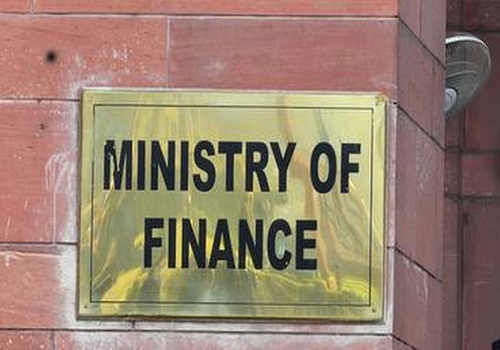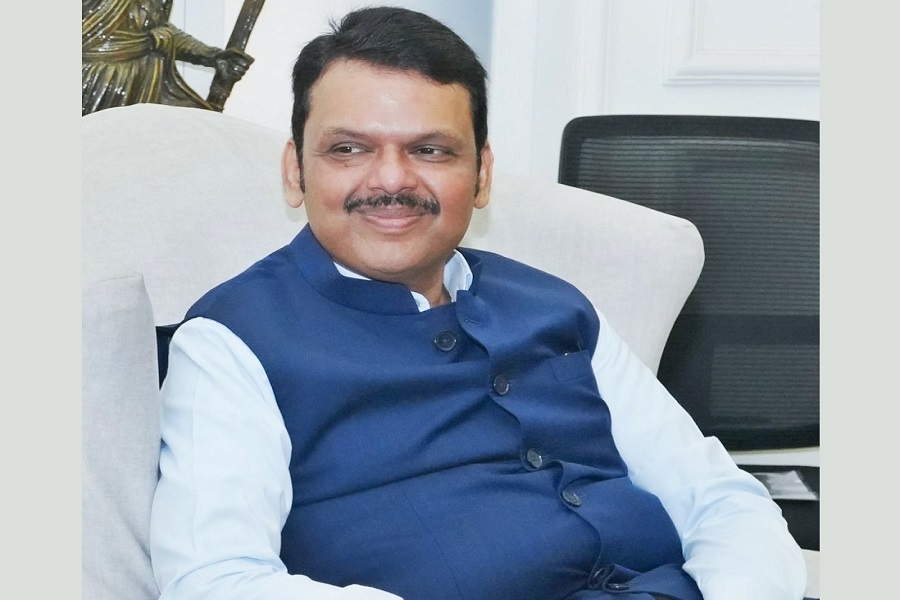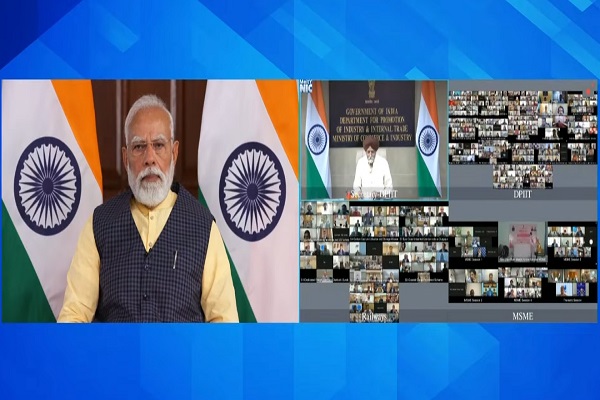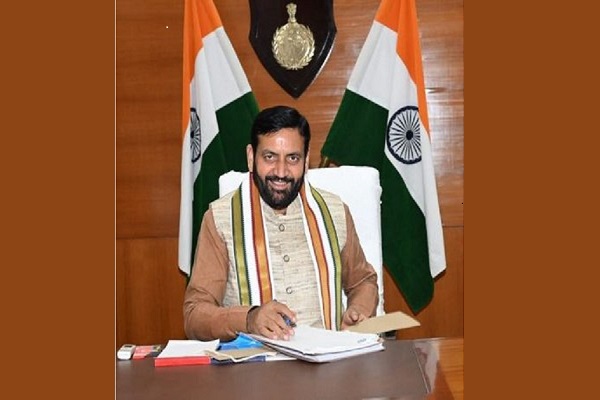Finance ministry asks PSBs to speed up credit to MSMEs, agriculture sector

The finance ministry has asked the state-owned banks (PSBs) to focus on accelerating credit to MSMEs and the agriculture sector while sustaining growth in low-cost deposits and strengthening risk management. Further, in order to sustain profitability in an evolving financial environment, the Department of Financial Services (DFS) Secretary M Nagaraju has urged the banks to further strengthen risk management, underwriting practices, and operational resilience. Addressing CEOs of public sector banks (PSBs), he asked them to sustain financial discipline, deepen customer-centricity, and lead India’s banking transformation with prudence, innovation and inclusion as guiding principles.
He has emphasized that digital banking must remain inclusive and secure. He also urged banks to enhance cyber resilience, ensure operational continuity and improve the quality and timeliness of grievance redressal. He encouraged banks for adoption of responsible AI and data analytics to improve customer service delivery. Besides, the finance ministry has advised the banks to strengthen implementation of PM Surya Ghar Muft Bijli Yojana, PM Vidya Lakshmi Yojana, PM Vishwakarma Yojana, and JanSamarth digital lending initiatives, with emphasis on reducing application turnaround time and expanding assisted journeys through Business Correspondents and SLBC coordination. The DFS Secretary has also reviewed performance under financial inclusion programmes such as PMJDY, PMJJBY, PMSBY, APY, PMMY and PM SVANidhi, and emphasised the importance of the ongoing ‘Aapki Poonji, Aapka Adhikar’ campaign.
On asset quality of PSBs, the ministry noted that the banks continued to register improvement in recoveries. It added that the banks were advised to leverage digital platforms such as BAANKNET for faster and transparent resolutions and to maintain focus on strengthening early warning systems. In alignment with the government’s vision of Viksit Bharat by 2047, PSBs presented progress under sectors such as renewable energy, green infrastructure, food processing, tourism and data centres. Moreover, the banks were encouraged to scale up credit in these sectors, adopt sustainable financing practices and enhance preparedness for the transition to the Expected Credit Loss (ECL) framework through robust models and data-driven provisioning.























